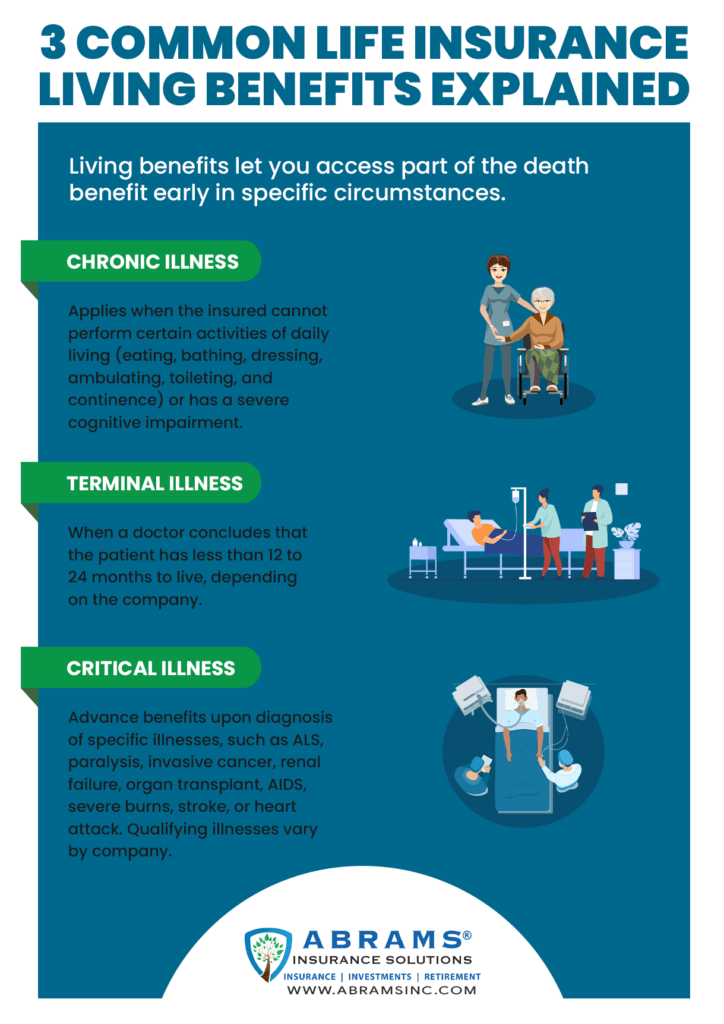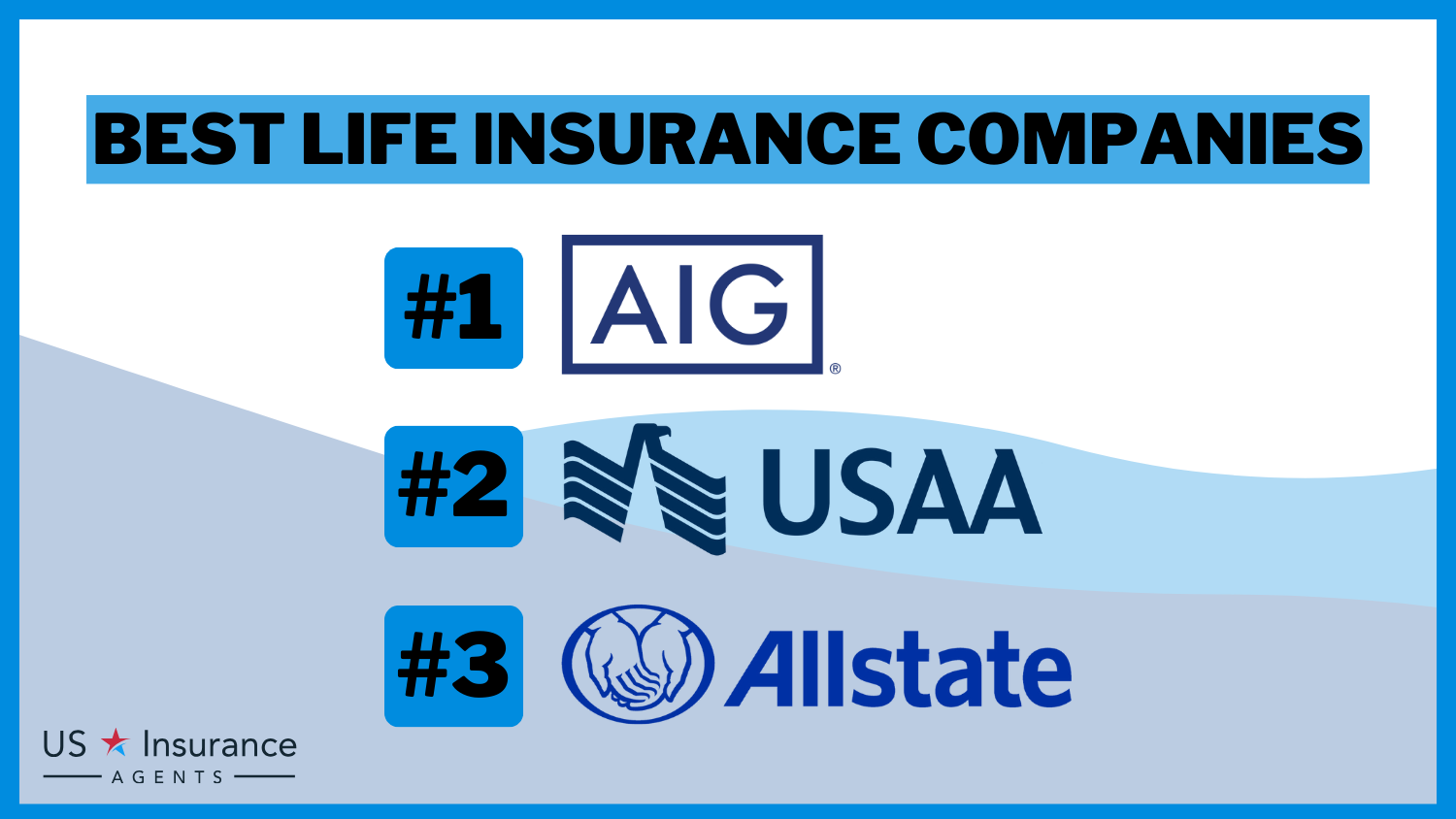Can a Car Accident Cause TMJ?
Car crashes can cause all sorts of injuries, both big and small. Some injuries heal relatively quickly, while others can cause long-term pain and discomfort. One injury that can be caused by a car accident is TMJ, or temporomandibular joint disorder. The TMJ is a hinge joint that connects the jawbone to the skull. It allows you to move your jaw up and down, side to side, and forward and backward.
The Temporomandibular Joint and Car Accidents
Car accidents can cause significant impact to the temporomandibular joint (TMJ), leading to pain and dysfunction. The TMJ is a complex joint that connects the lower jaw to the skull. It is responsible for a wide range of movements, including chewing, speaking, and swallowing. When the TMJ is damaged, it can cause a variety of symptoms, including pain, clicking, popping, and difficulty opening and closing the mouth.
Car accidents are a common cause of TMJ disorders. The sudden impact of a crash can cause the TMJ to be jolted out of place, which can damage the ligaments and muscles that support the joint. In some cases, the impact of a car accident can even cause the TMJ to break.
If you have been in a car accident, it is important to seek medical attention as soon as possible. Even if you do not have any immediate symptoms of TMJ disorder, it is possible that you have sustained an injury that could lead to problems down the road. A doctor can examine your TMJ and determine if you have any damage.
If you are diagnosed with TMJ disorder, there are a variety of treatments that can help to relieve your symptoms. These treatments may include medication, physical therapy, and surgery. In most cases, TMJ disorders can be managed with conservative treatment. However, in some cases, surgery may be necessary to repair or replace the damaged joint.
Symptoms of TMJ Disorder
The symptoms of TMJ disorder can vary depending on the severity of the injury. Some common symptoms include:
- Pain in the jaw, face, or neck
- Clicking, popping, or grating noises when you open or close your mouth
- Difficulty opening or closing your mouth
- Stiffness or tenderness in the jaw muscles
- Headaches
- Earaches
- Dizziness
Treatment for TMJ Disorder
The treatment for TMJ disorder depends on the severity of the injury. In most cases, conservative treatment can help to relieve symptoms. Conservative treatment may include:
- Medication to relieve pain and inflammation
- Physical therapy to stretch and strengthen the jaw muscles
- A mouth guard to protect the TMJ from further damage
In some cases, surgery may be necessary to repair or replace the damaged TMJ. Surgery is usually only recommended if conservative treatment has failed to relieve symptoms.
Long-Term Effects of TMJ Disorder
If TMJ disorder is left untreated, it can lead to a number of long-term problems, including:
- Chronic pain
- Difficulty eating and speaking
- Damage to the teeth
- Headaches
- Neck pain
Preventing TMJ Disorder
There is no surefire way to prevent TMJ disorder, but there are some things you can do to reduce your risk, such as:
- Wear a mouth guard when playing sports or doing other activities that could impact your mouth
- Avoid chewing on hard objects, such as ice cubes or pens
- Practice good posture
- See a dentist regularly for checkups and cleanings
Conclusion
TMJ disorder is a common problem that can cause a variety of symptoms, from pain and clicking to difficulty eating and speaking. If you think you may have TMJ disorder, it is important to see a doctor as soon as possible to get a diagnosis and treatment plan. With proper treatment, most people with TMJ disorder can manage their symptoms and live full, active lives.
Can a Car Accident Cause TMJ?
Have you been in a car wreck and are now suffering from jaw pain, headaches, or difficulty opening or closing your mouth? If so, you may be experiencing temporomandibular joint (TMJ) dysfunction. TMJ dysfunction is a condition that affects the joint that connects your jaw to your skull. It can be caused by a variety of factors, including car accidents.
Symptoms of TMJ Dysfunction After a Car Accident
The symptoms of TMJ dysfunction can vary depending on the severity of the condition. Some common symptoms include:
- Jaw pain
- Difficulty opening or closing the mouth
- Facial swelling
- Headaches
- Neck pain
- Ear pain
- Tinnitus (ringing in the ears)
If you are experiencing any of these symptoms, it is important to see a doctor to rule out other potential causes. Your doctor will likely perform a physical examination and ask you about your symptoms. They may also order imaging tests, such as an X-ray or MRI, to get a better look at the TMJ.
Causes of TMJ Dysfunction After a Car Accident
A car accident can cause TMJ dysfunction in a number of ways. The force of the impact can damage the TMJ, the muscles that support it, or the nerves that innervate it. In some cases, the TMJ may be dislocated or fractured.
In addition to the physical damage that a car accident can cause, the emotional stress of the event can also contribute to TMJ dysfunction. Stress can lead to muscle tension, which can put pressure on the TMJ and cause pain.
Treatment for TMJ Dysfunction After a Car Accident
The treatment for TMJ dysfunction after a car accident will vary depending on the severity of the condition. In some cases, simple measures, such as over-the-counter pain relievers and ice packs, may be enough to relieve symptoms. In other cases, more aggressive treatment, such as physical therapy, medication, or surgery, may be necessary.
If you are experiencing TMJ dysfunction after a car accident, it is important to see a doctor to discuss your treatment options. Early treatment can help to prevent the condition from worsening and can improve your chances of a full recovery.
Can a Car Accident Cause TMJ?
Car accidents are often associated with serious injuries, and those involving head or neck trauma can have long-term effects on various bodily systems. One condition that can develop as a consequence of a car accident is temporomandibular joint (TMJ) dysfunction, characterized by pain, stiffness, and difficulty moving the jaw.
Causes of TMJ Dysfunction After a Car Accident
It is generally accepted that car accident-related TMJ dysfunction is caused by the impact forces generated during a collision. These forces can result in:
- Damage to TMJ structures: The impact can directly damage the TMJ, ligaments, and surrounding muscles, leading to pain and mobility issues.
- Inflammation: The trauma of the accident can trigger inflammation in the TMJ area, exacerbating pain and swelling.
- Nerve damage: Impact forces can also affect the nerves that control jaw movement, causing pain, numbness, or tingling sensations.
- Misalignment: The force of the impact can also dislocate or misalign the TMJ, leading to difficulty opening or closing the mouth.
- Muscle spasms: The trauma of a car accident can trigger muscle spasms in the jaw, neck, and shoulders, further restricting movement and causing pain.
Symptoms of TMJ Dysfunction
Symptoms of TMJ dysfunction may include:
- Jaw pain or discomfort
- Difficulty opening or closing the mouth
- Clicking or popping sounds in the jaw
- Stiffness or limited range of motion
- Headaches or neck pain
- Earache or tinnitus
Treatment Options for TMJ Dysfunction
Treatment for TMJ dysfunction after a car accident may involve:
- Medications to reduce pain and inflammation
- Physical therapy to improve jaw mobility and reduce pain
- Custom-made mouthguards to stabilize the jaw and reduce pain
- Stress-reducing techniques to manage muscle tension and pain
- In severe cases, surgery may be necessary
If you experience any symptoms of TMJ dysfunction after a car accident, it is important to consult a medical professional for prompt diagnosis and treatment.
Can a Car Accident Cause TMJ?
Without a doubt. A car accident can wreak havoc on your temporomandibular joint (TMJ), the hinge that connects your jaw to your skull. The sudden impact of a collision can jolt your jaw out of place, damaging the delicate ligaments and muscles that support it.
Symptoms of TMJ Dysfunction
If you’ve been in a car accident, watch out for these telltale signs of TMJ dysfunction:
- Jaw pain or stiffness
- Difficulty chewing or opening your mouth wide
- Clicking or popping sounds in your jaw
- Headaches or migraines
- Dizziness or ringing in the ears
Diagnosing TMJ Dysfunction After a Car Accident
To pinpoint the root of your TMJ woes, your doctor will typically conduct:
- Physical examination: They’ll gently examine your jaw, feeling for tenderness, swelling, or misalignment.
- Medical history: They’ll quiz you about your symptoms, any previous jaw injuries, and overall health.
- Imaging tests: X-rays or CT scans can reveal any fractures, dislocations, or other damage to your jaw joint.
Treatment Options for TMJ Dysfunction
The good news is that TMJ dysfunction is often treatable with conservative measures:
- Pain relievers: Over-the-counter pain relievers can provide temporary relief.
- Mouth guards: Custom-fitted mouth guards can prevent your teeth from grinding against each other, reducing joint stress.
- Physical therapy: Gentle exercises can strengthen the muscles around your jaw and improve its range of motion.
- Surgery: In rare cases, surgery may be necessary to repair severe damage or correct misalignment.
Recovery Timeline
Recovery time for TMJ dysfunction varies depending on the severity of the injury. With proper treatment, most people experience significant improvement within a few weeks to months. However, in some cases, symptoms may persist for longer periods or even become chronic.
Can a Car Accident Cause TMJ?
Have you ever been in a car accident and wondered if the accident caused your TMJ problems? You’re not alone. Many people experience TMJ dysfunction after a car accident, and it’s important to know that you’re not alone. TMJ dysfunction can be a painful and debilitating condition that can make it difficult to eat, speak, and even sleep. If you’re experiencing TMJ pain after a car accident, it’s important to see a doctor right away to get a diagnosis so you can start the road to recovery.
What is TMJ Dysfunction?
TMJ dysfunction is a condition that affects the temporomandibular joint, which is located on either side of your jaw. The TMJ connects your jawbone to your skull, and it allows you to move your jaw up and down when you talk, eat, and yawn. TMJ dysfunction can occur when the TMJ is injured or damaged, causing pain, stiffness, and difficulty moving your jaw.
How Can a Car Accident Cause TMJ Dysfunction?
Car accidents can cause TMJ dysfunction in a number of ways. The sudden impact of an accident can cause the TMJ to be jarred or displaced, which can damage the joint and lead to pain and dysfunction. Additionally, the stress of a car accident can also contribute to TMJ dysfunction. When you’re in a car accident, your body goes into “fight or flight” mode, which can cause your muscles to tense up and your jaw to clench. This can put strain on the TMJ and lead to pain and dysfunction.
Symptoms of TMJ Dysfunction
The symptoms of TMJ dysfunction can vary depending on the severity of the injury. Some common symptoms include:
Treatment Options for TMJ Dysfunction After a Car Accident
Treatment for TMJ dysfunction after a car accident depends on the severity of the injury. In some cases, simple treatments such as pain relievers or physical therapy may be enough to relieve the pain and discomfort. In more severe cases, surgery may be necessary to repair or replace the damaged TMJ.
Some common treatment options for TMJ dysfunction after a car accident include:
If you’re experiencing TMJ pain after a car accident, it’s important to see a doctor right away to get a diagnosis and start treatment. Early treatment can help to prevent the condition from worsening and can help you get back to your normal activities as quickly as possible.




Leave a Reply